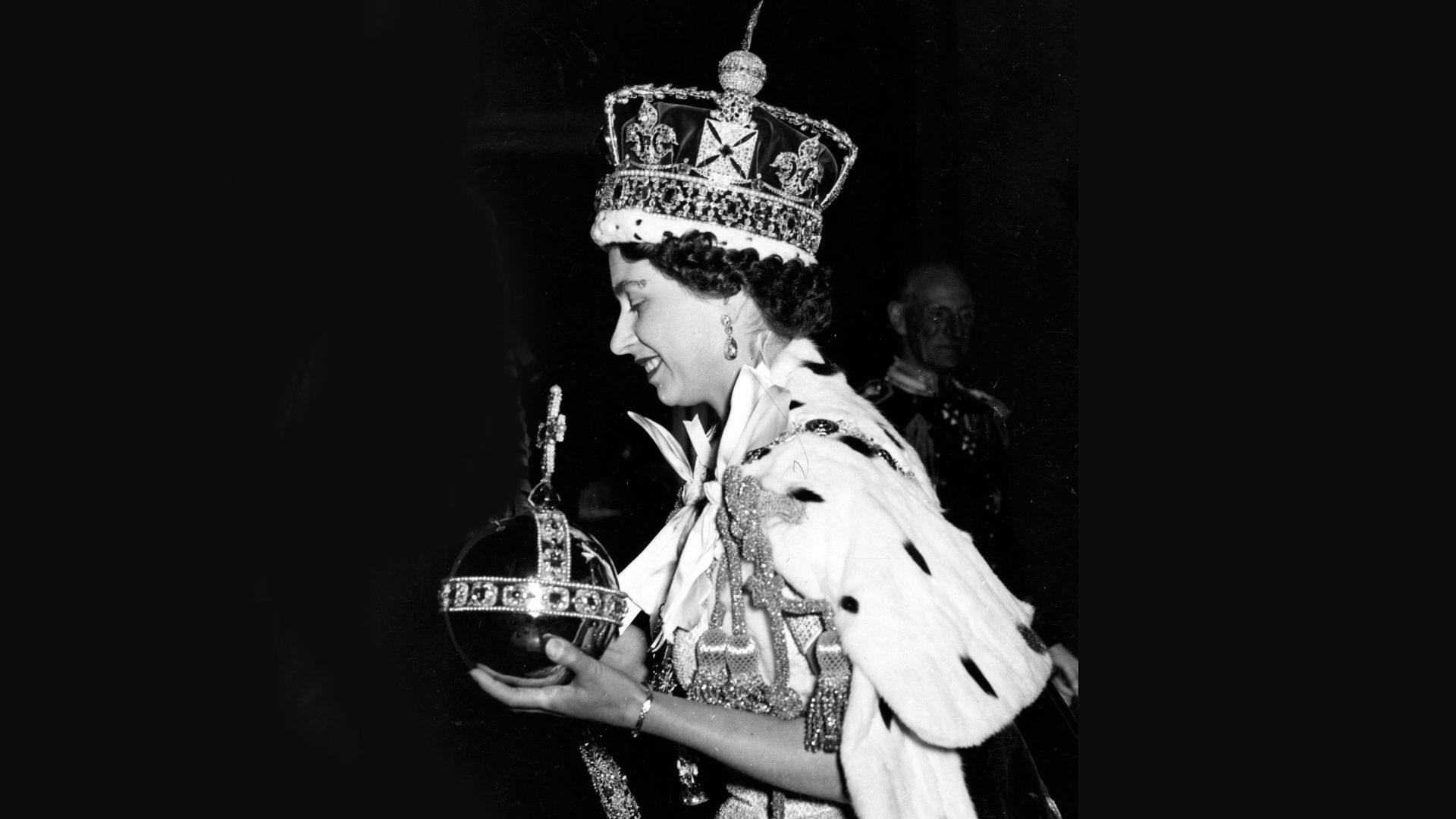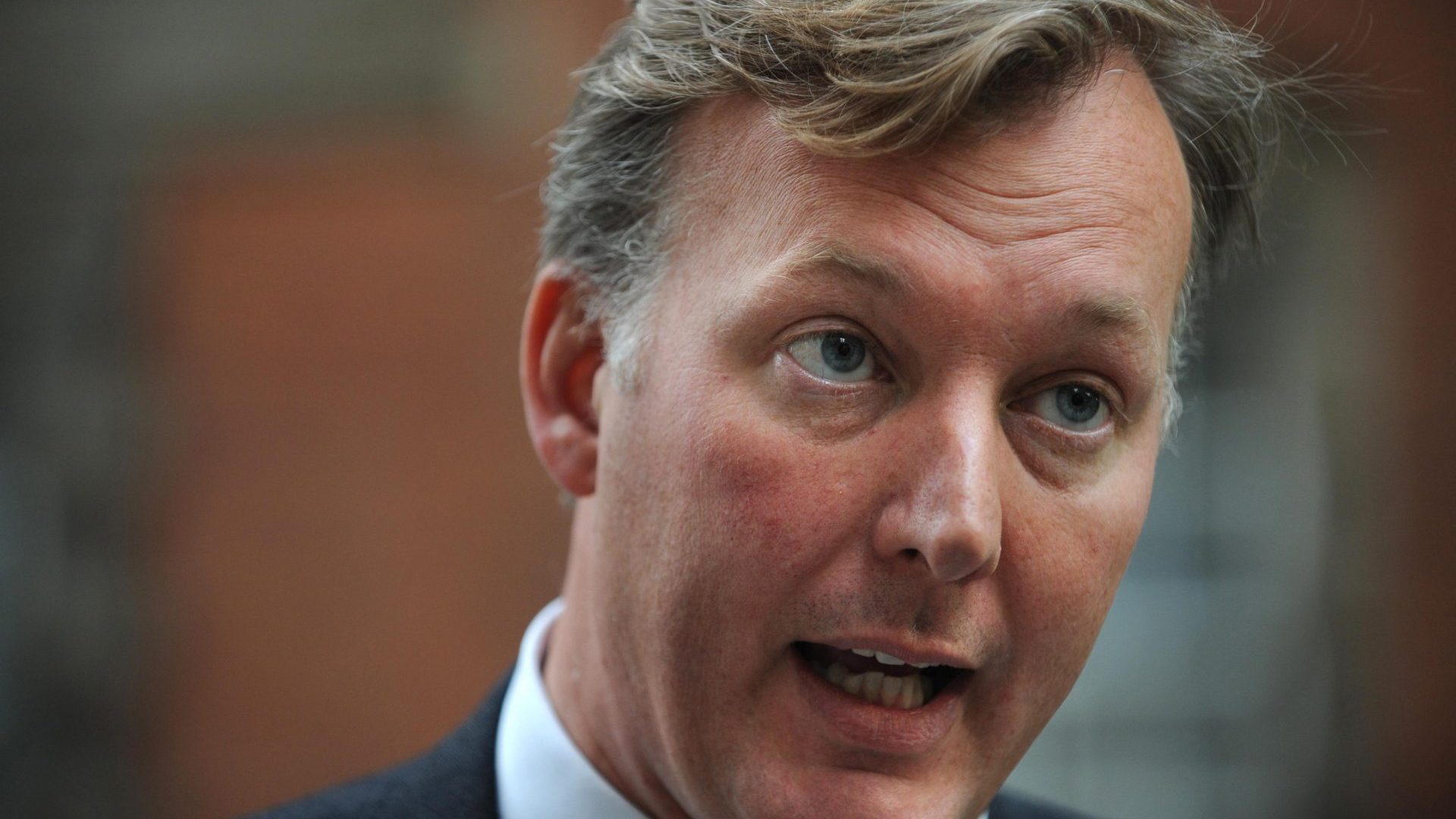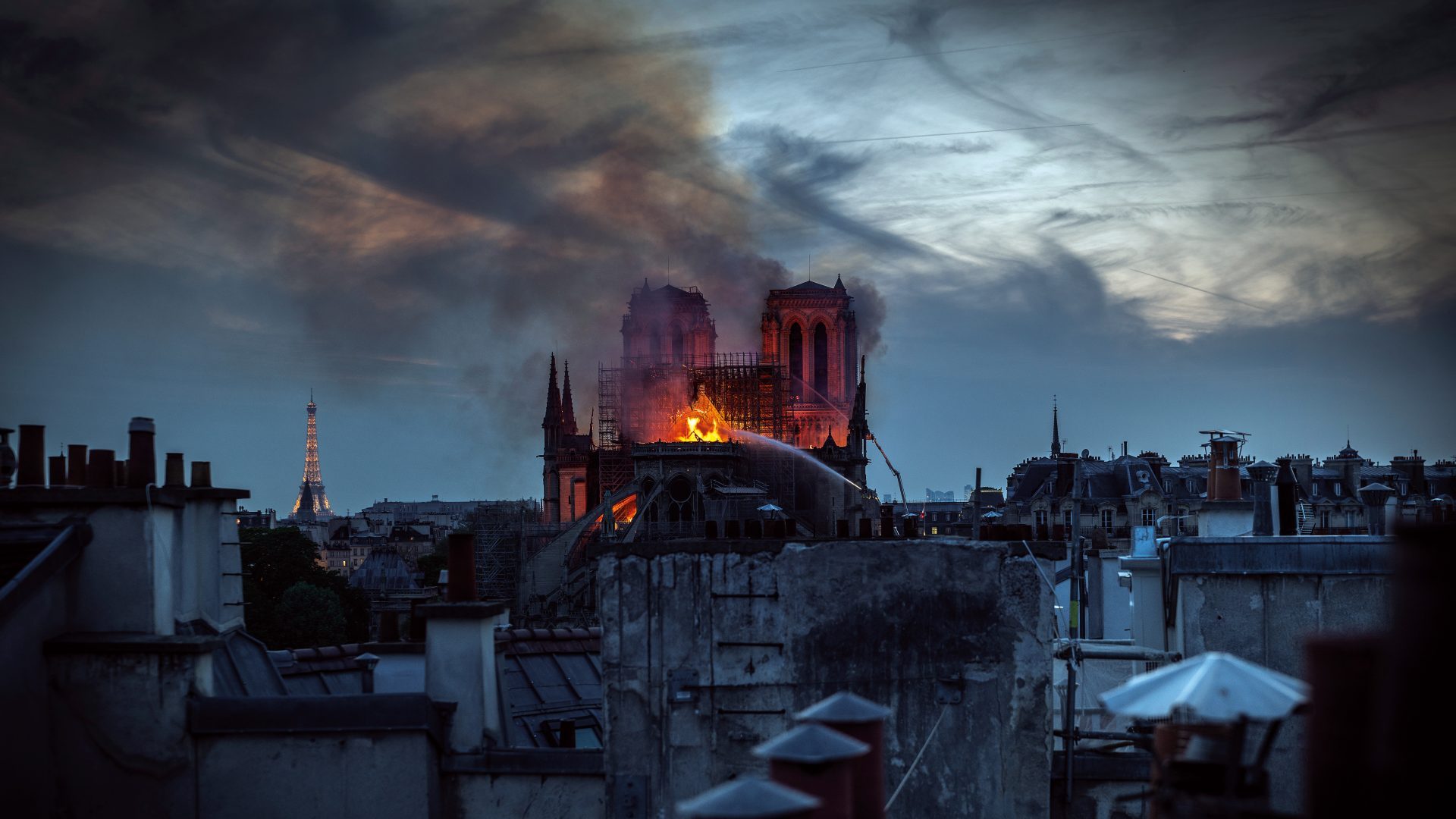Regent Street is at the bottom of my road. I can see it out of my front window and I’m still just enough of an American to be really grateful for all that 19th-century grace. Buildings from the 19th century are considered old in my native land. “Old” is very often what Americans come to the UK for.
Often on Sunday mornings, before the crowds come, I walk around, looking at what is an amazing amount of what is called the Crown Estate. This is “the sovereign’s public estate” – not part of the Queen’s private estate, not government property either. So it’s the property of the monarch, but also it is not, but actually it is.
But what it definitely is, is another example of the complex, complicated and deeply dependent emotional relationship that the people of this country have with their royal family.
It is their royal family because it belongs to the people of Great Britain, aided and abetted by enough of them to keep these privileged people around and keep them viable.
Eleven years ago, the BBC asked me to do commentary on the wedding of Prince William and Catherine Middleton. The crowds were so dense, so emotional, so intense, that it felt a bit threatening.
Those two newlyweds belonged to The People, a rather hostile woman told me in so many words after I had unintentionally blocked her view of William driving his new bride in his dad’s Aston Martin.
The times that I have been in various royal presences, from the Queen on down, have been quietly surreal experiences. That might be more about me than them, but the senior royals have a strange, ethereal quality. Maybe it is because they are constructs, creatures of myth and expectation.
And for all the republican sentiment in this country, republicanism is simply not germane to it. The fact that the person who most recently (in the 17th century, that is) turned this country into a republic for a little while, ended up buried with a crown (maybe it was on his head) tells you all you need to know.
In the run-up to the Queen’s Platinum Jubilee, celebrating the longest reign in English/Scottish/ Welsh and British history, we are all reminded again of the royal family’s staying power. Maybe even of their savvy.
The People want the royal family. At least that is what the Daily Mail believes, for example. In an essay on the Jubilee, one of the highlighted quotes was “Who would relish a British Biden?”
There is, I really believe, a great subliminal fear of democracy in the UK. That is, of having The People In Charge, the charade of Brexit as an example of The People In Charge notwithstanding.
So the “British Biden” is mainly about knowing what you’re getting. A person born and bred to the job is more like it.
This is an example of the British need for continuity and an innate reliance on the tried and the true. Which makes the nation’s leadership, in what passes now for the avant-garde, an interesting contradiction.
The royal family is the premier example of survival, another British trait. The present-day Mountbatten-Windsors were before the name change part of the House of Saxe-Coburg and Gotha. They were very proud of their German roots; spoke the language at home, and it is even said that George V spoke some words with a German accent.
However, during the first world war, the London public, in a collective “Where-have-I heard-that-name-before?” doubletake, figured out something: the planes strafing their homes during the German “Unternehmen Türkenkreuz” and the royal family had the same last name. “Gotha”.
So Gotha gotta go. Hence “Windsor”.
There was a strange programme on recently in the run-up to the Jubilee. It was called “The Queen’s Cousins”. These were various individuals: The Known and The Unknown, who are related to the Queen.
One woman discovered that she is not only related to HM through Anglo-Saxon ancestry, but that she was related to the monarch through Scottish royalty, too. She cried with joy when she was told that she was a Princess of Scotland.
The Queen’s known lineage goes back so far and is so complex that we are probably all related to her one way or another. But to say that brings the whole thing down to earth; throws daylight on the magic. And that is not what people want.
After her reign is through, it will be time for her heir to step up to the plate.
That he has been in the same position since he was three years and three months old will mean nothing. He will just carry on.
It will all – as the basso sings in Handel’s Messiah, “in a moment, in the twinkling of an eye” – become the old royal magic again. Camilla will be crowned Queen Consort, as the present monarch has decreed. And William and Kate will become the Prince and Princess Of Wales.
When parliamentary bills are given the royal assent they are announced with “la Reyne le veult”, Norman French for “the Queen wills it”.
The monarchy survives because “le peuple le veut”: “the people will it”. Published in 1650, The Tenure of Kings and Magistrates is John Milton’s apologia for the execution of Charles I.
It states: “the elimination of any monarch, what can be more just and legal, if a subject for certain crimes be to forfeit by Law from himself, and posterity, all his inheritance to the King, then that a King for crimes proportional, should forfeit all his title and inheritance to the people: unless the people must be thought created all for him, he not for them, and they all in one body inferior to him single, which were a kinde of treason against the dignitie of mankind to affirm.”
This tension between people and monarchy: the royal family versus the ordinary family, is what the British people essentially are.
Sports, politics, culture are all microcosms of this particular dichotomy, all statements of it.
It is also a brilliant balancing act. The array of those union jacks in Regent Street is also about this balancing act. The Platinum Jubilee is another milestone in it.




